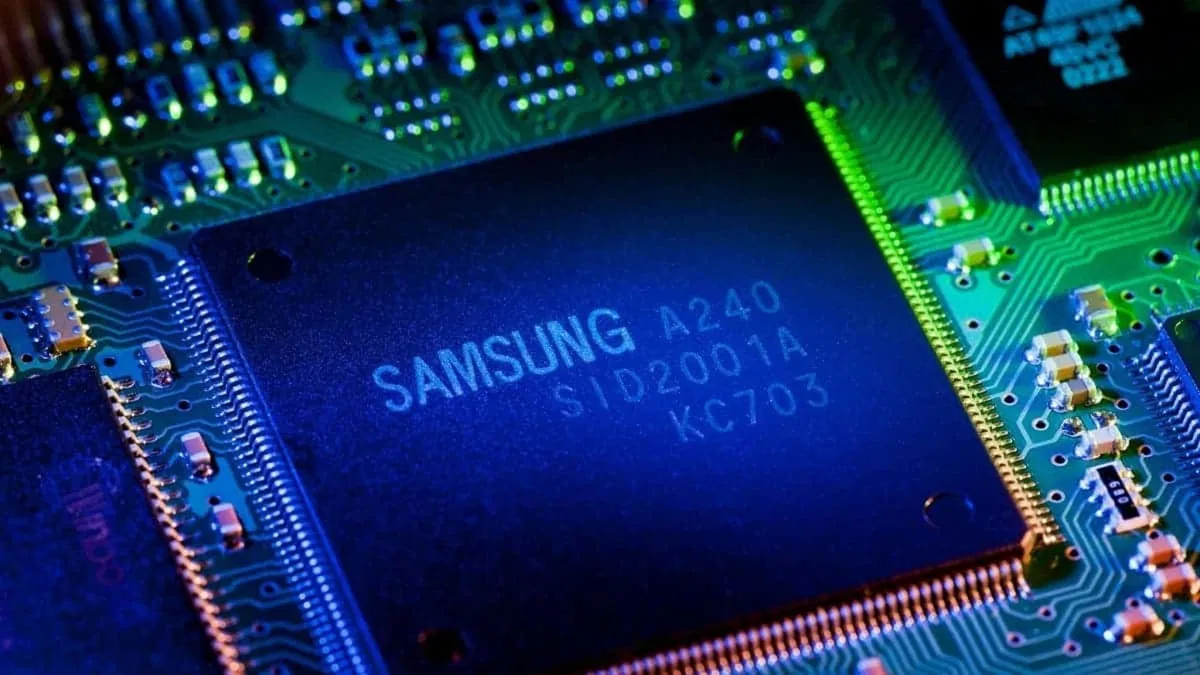The measure, published in the Federal Registry From the US, it eliminates the exemptions that allowed South Korean giants to import machinery without requesting licenses in each operation. Now, companies have 120 days Before it comes with the dispensation. Subsequently they must manage permits case by case to maintain their operations in the Asian country.
Fall in markets
The reaction was swift in the Seoul Stock Exchange: Samsung fell more than 3%while SK Hynix retreated 4.8%. Both companies concentrate much of their global production in Chinese factories, although they maintain plants in South Korea.
Samsung and Hynix compete directly with the American Micron Technology Inc.producing memory chips used in a wide range of devices, from Apple iPhones even artificial intelligence servers of Nvidia.
The exemptions had been granted in 2023 by the government of Joe Biden, which sought to facilitate the continuity of the operations of South Korean manufacturers in China, despite the general restrictions on the export of advanced chips manufacturing equipment.
Semiconductor microchips.jpg
Samsung and Hynix compete directly with the American Micron Technology Inc
The US government explanation
“The Trump administration has pledged to close the lagoons in export control, in particular those that put American companies at competitive disadvantage,” said Jeffrey Kessler, Undersecretary of Commerce in charge of the area. “Today’s decision is an important step towards that goal.”
Regulatory change affects the regime known as Validate End User (VEU)which will restrict production capacity in China and limit Beijing access to sensitive technologies.
SK Hynix He reported that he will maintain a “close contact” with the governments of Korea and the United States to reduce the impact on their business. Samsungfor his part, he did not issue immediate comments.
The decision was known a few days after the meeting in Washington between Trump and the South Korean president Lee Jae Myungin which both leaders agreed to set 15% tariffs for South Korean products, thus avoiding 25% initially threatened by the US.
Limited impact on machinery, key on production
A Bernstein report indicates that the elimination of the exemption will have a lower impact on the semiconductor equipment market: in 2024 the non -Chinese companies invested around US $2,000 million In machinery for their plants in China, just a 2% of global sales of the sector.
However, the weight of these plants in the market is significant. According to the study, the operations in China of foreign companies represent 10% of the world computer production production and 15% of storage chipswhich reinforces the magnitude of the challenge for Samsung and SK Hynix.
Source: Ambito
I am a 24-year-old writer and journalist who has been working in the news industry for the past two years. I write primarily about market news, so if you’re looking for insights into what’s going on in the stock market or economic indicators, you’ve come to the right place. I also dabble in writing articles on lifestyle trends and pop culture news.




